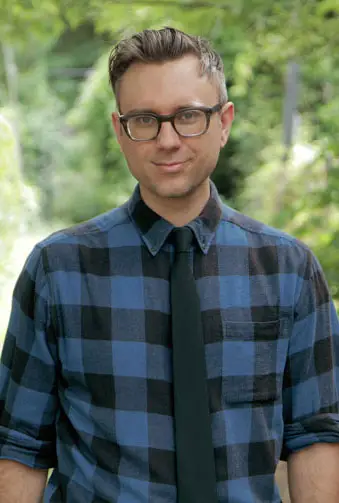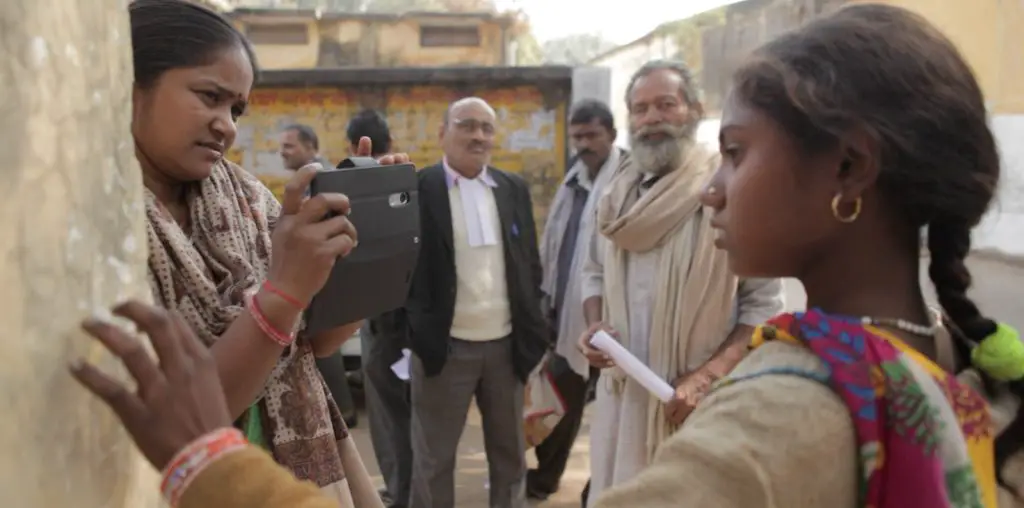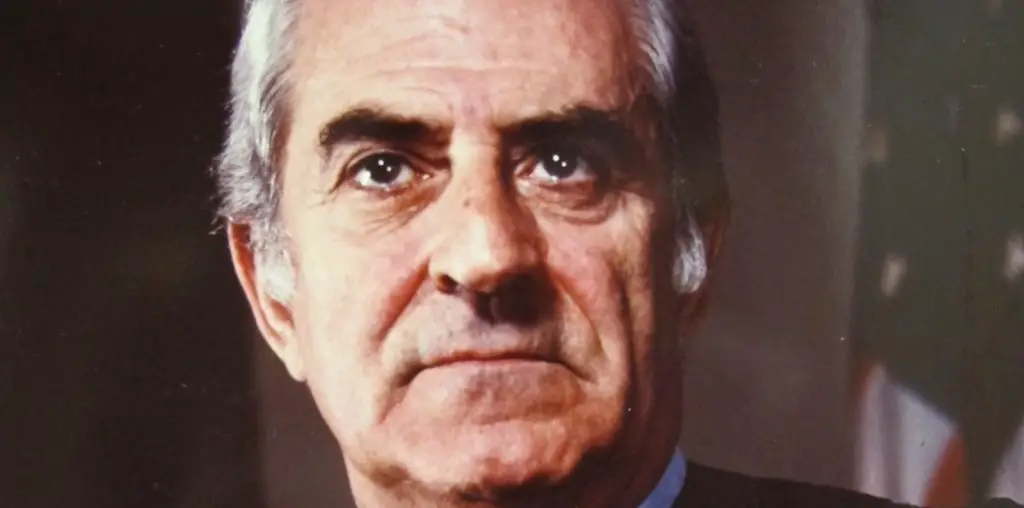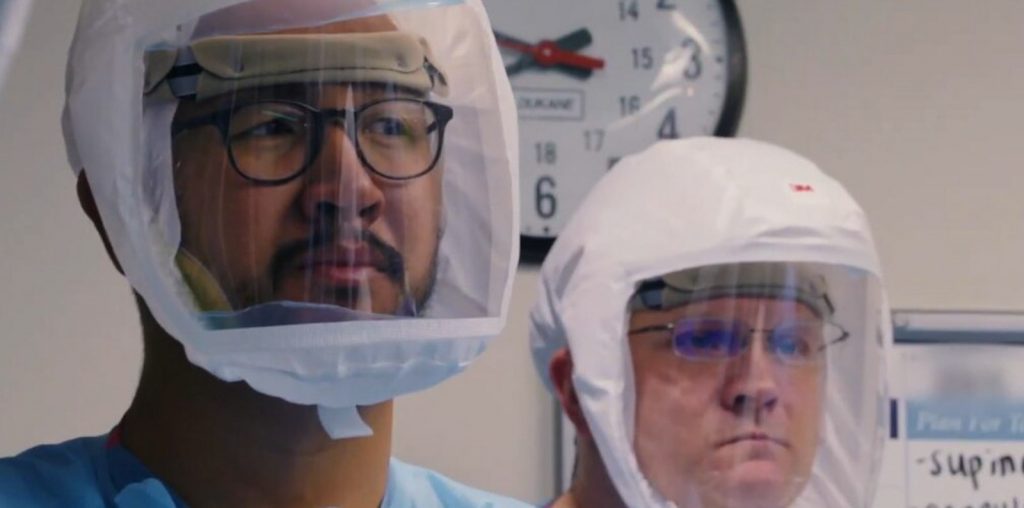
HOT DOCS FILM FESTIVAL 2021 REVIEW! There’s something refreshing about watching a movie, such as Philly D.A., about process and procedures. Sure, it might bore some, proving to be a bit too dry for them, but Yoni Brook and Ted Passon’s new eight-part PBS documentary series is a detailed snapshot inside the life of Larry Krasner, who became a bit of a controversial figure in his run for Philadelphia district attorney.
Change is scary for a lot of people. There are those who even consider change as bad. Do people not like specific proposed changes, or do they just assume upending the status quo equates to something more nefarious? Krasner’s bid for district attorney put him in this predicament. The first episode is a sharply paced look at his ascent to the position he was after. Throughout the entire campaign trail, he was considered a longshot, embraced by progressives, and feared by the establishment. Much to his – and many others – surprise, he won in a landslide.
Krasner spent several decades as a civil rights attorney and public defender, so he knew firsthand what needed changing in Philadelphia. He wastes no time enacting his agenda and setting up a team who would want to be a part of his progressive ideas. Like any politician, he was met with resistance every step of the way.
All his ideas were met with one word thrown about (particularly towards Democrats): radical. At the forefront of his agenda was prison reform. Early in the first episode, Krasner poses his disbelief that sex workers would ever be prosecuted. Through a title card, we learn Philadelphia is the most incarcerated big city in the country, and Krasner’s philosophy is less prison and more education. “Stop putting everyone in jail,” he proclaims.
“…snapshot inside the life of Larry Krasner, who became a bit of a controversial figure in his run for Philadelphia district attorney.”
Episode two shifts from prison reform to police reform, including enacting a database for police misconduct. He sought to get rid of cash bail, end mass incarcerations and reform the police. It’s no shock his Republican opponent, Beth Grossman, had the support of law enforcement in her bid for district attorney.
Krasner knew exactly how his ideas would be met but had enough experience in the city to understand what needed to be changed. He would be the first to admit his agenda is progressive, with an activist approach, but he wanted to bring about the change he felt Philadelphia so desperately needed.
Philly D.A. is a lot of meetings and procedures, but it introduces us to a figure many are probably not familiar with. To some, Krasner’s policies might seem like no brainers, an attempt to move this country forward, but many people opposed him. He was called a danger to the city and even an anarchist for his approach to reform. Change can be scary, but sometimes it’s necessary.
While all those meetings and procedural talk may mean some will tune it out, what Brook and Passon do so well is examine the issues Krasner is fighting to change. Audiences understand the problems the city faces and clearly sees that current policies just are not cutting it. Krasner’s desire to help his beloved city is never questioned, and his methods sound reasonable. Here’s hoping that the other six episodes of Philly D.A. (as only the first two were available to review) continue this trend and impressively highlight Krasner’s necessary ideas to help those who need it most.
Philly D.A. screened at the 2021 Sundance Film Festival and the 2021 Hot Docs Film Festival.

"…audiences understand the problems the city faces and clearly sees that current policies just are not cutting it."


